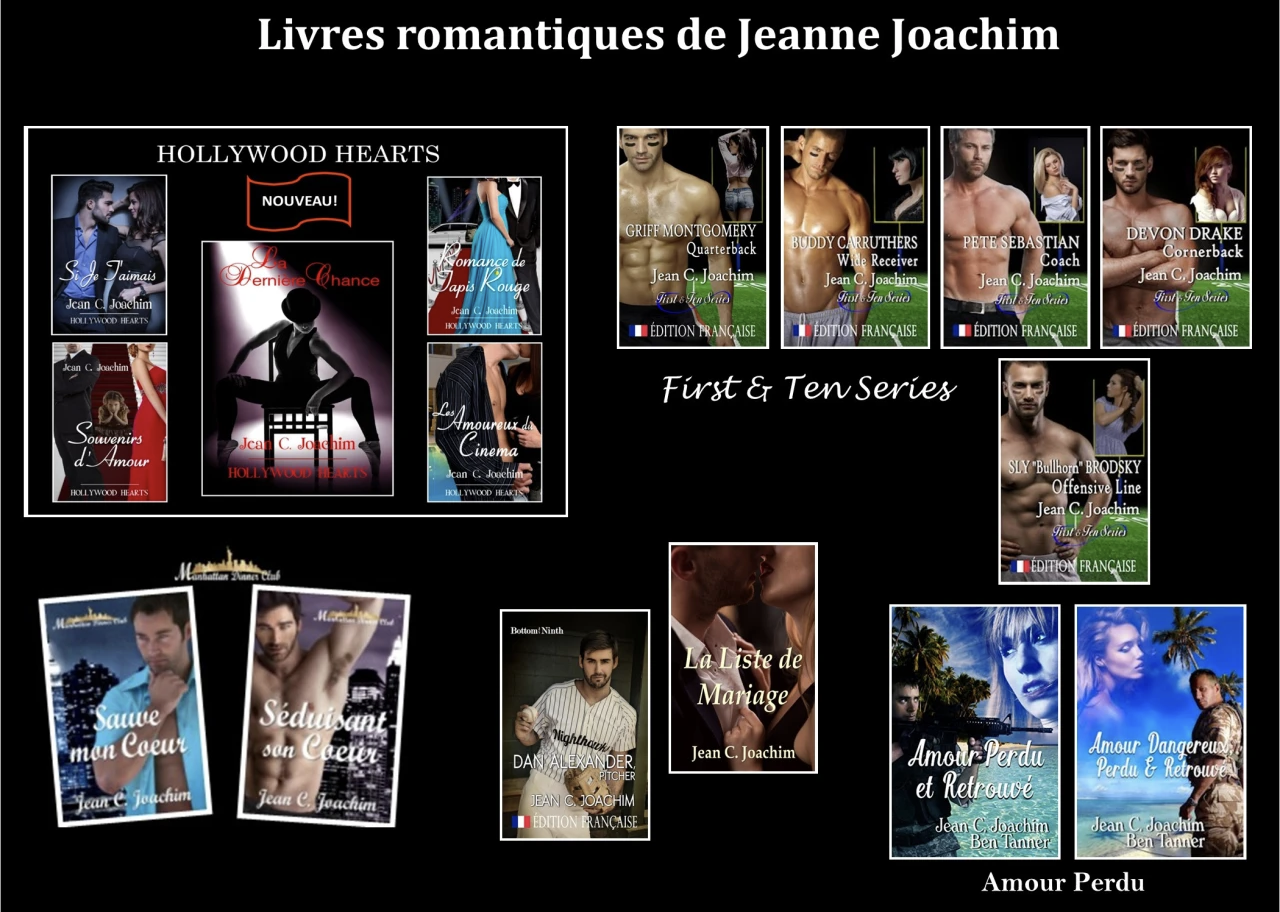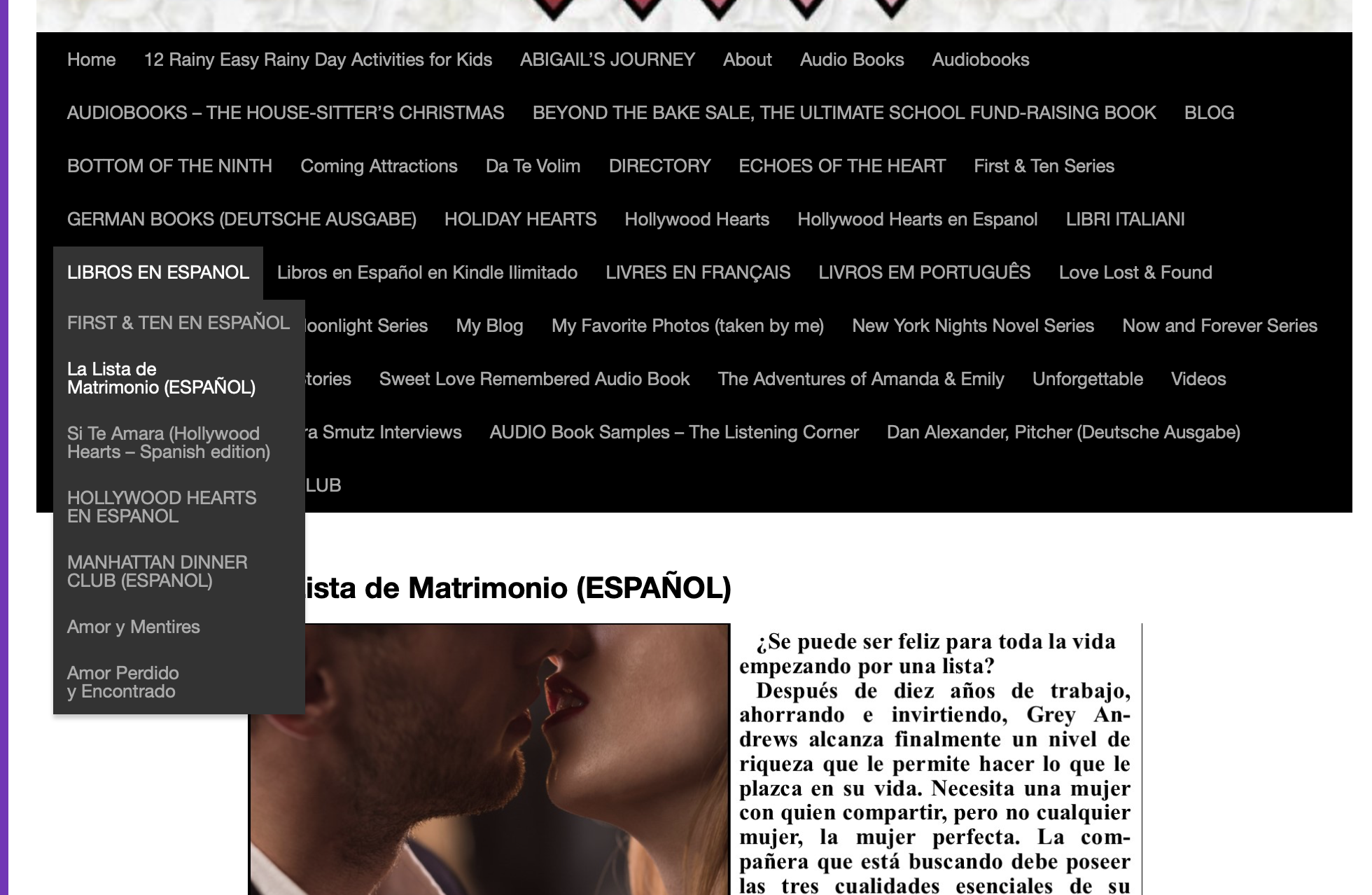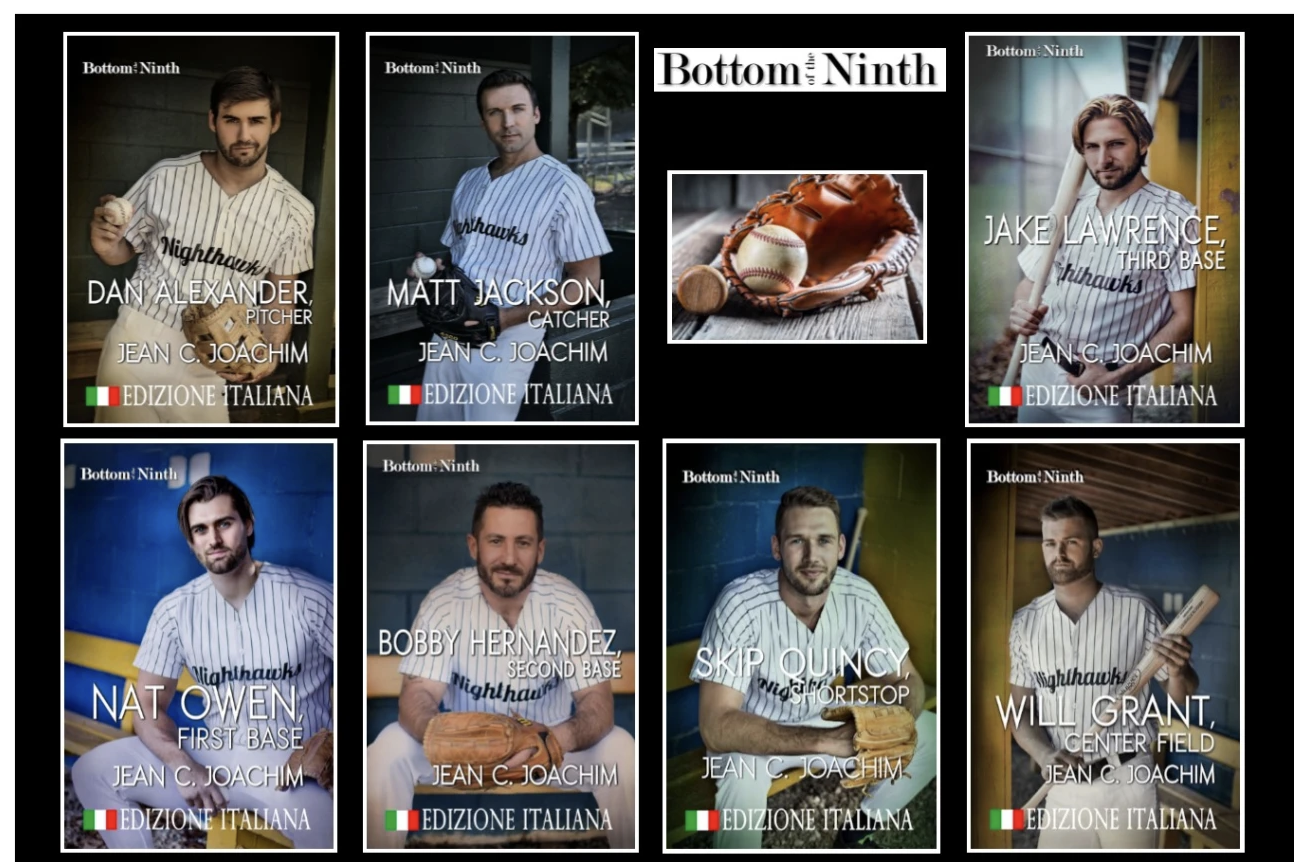How to Manage Book Translation Rights and Reach New Markets

Authors want to reach international markets. Maybe even acquire the international bestselling author status. To get there, they need to have a book written in English or in several languages to reach more audiences. Once a book is translated into more languages, it automatically addresses more audiences.
Translations are the key to unlocking the markets of Europe, Asia, and Latin America, where readers eagerly devour foreign literature.
By translating books into languages such as French, Spanish, Italian, Mandarin, and Arabic, authors can tap into the massive demand for international bestsellers and genre fiction and reap the rewards of a global audience.
For this, you need to shape the right strategy for book translation rights and translation contract negotiation.
Key takeaways:
- Translation rights are key to reaching international audiences: authors can increase their reach by selling translation rights to foreign publishers.
- Foreign rights involve both translation and territory. There are two main aspects to consider: translation rights (which languages) and territorial rights (where the book can be sold). Authors can choose to sell these rights together or separately.
- Traditional vs. self-published authors have different paths: traditionally published authors rely on their publishers to handle market research, selling translation rights, and potentially book fairs. Self-published authors, like Jean J. Joachim, have more control but need to conduct local marketing campaigns and build the right local connections to achieve success.
Guide to Foreign Rights
Seeing your work translated and enjoyed by readers worldwide is a dream. However, foreign rights can be a complex area.
Let’s break it down to what you need to know.
1. What are foreign rights?
Foreign rights grant permission for your work to be translated and published in a specific language and territory. This could be a book, script, play, or any creative work you've authored.
Foreign rights = translation rights + territory rights
Who holds the foreign rights?
This is crucial. Foreign rights belong to the copyright holder, which is usually the author. However, there are cases in which they might have been transferred to the publisher by contract.
💡 If traditionally published, always check the copyright page of your book or contact your publisher directly to confirm who controls these rights.
2. What are translation rights?
To publish your book in a foreign language, you must sell book translation rights to foreign publishers.
You can do this independently or with the assistance of your publisher.
These rights dictate which languages a publisher can publish your book in and grant them the exclusive right to distribute it in that language.
This can include rights to translate into a particular language for publication in a specific territory or rights to translate into a language for publication globally.
Translation rights are often sold separately from territorial rights, allowing you to maintain control over how your book is translated and published in different markets.
Who holds the translation rights?
Further, if we refer to translation rights, in particular, the ownership of a translated text’s copyright can depend on the circumstances of the agreement.
In most cases, the person or entity who actually creates the translation becomes the copyright holder for that specific language version. This makes sense, as they've invested their time and skill into transforming the original work.
Translators have the same rights as authors, including copyright and proper acknowledgment of their work.
However, there's an exception with work-for-hire agreements. If a translator is hired specifically to create the translation under such an agreement, then the copyright ownership belongs to the entity that commissioned the work.
This essentially means the company or individual who hired the translator becomes the legal owner of the translated text, with all the rights and control that come with it.
Authors, on the other hand, retain the copyright for the original text.
3. What are territorial rights?
Next, you must negotiate territorial rights to ensure your book can be sold in the appropriate markets.
Territorial rights refer to the specific countries or regions where a publisher has the right to distribute your book. This can include entire continents, individual countries, or even specific languages spoken in a particular area.
Negotiating territorial rights ensures that your book is targeted to specific markets and reaches the right audience.
Who holds the territorial rights?
Territorial rights depend on the contract between the author and the publisher (or another rights holder). There are two main scenarios:
- Author retains territorial rights: This means the author decides who can publish the book in each specific territory (country or region). They can choose to publish with different publishers in different territories or self-publish in some areas.
- Publisher acquires territorial rights: In a publishing agreement, the author may grant the publisher exclusive rights to publish the book in a specific territory. This could be a single country, a region (like North America), or even "world rights" for all territories.
4. Foreign rights agents
Foreign rights agents help authors publish their books in foreign languages. They work with authors to find international publishers to translate, print, and market their books.
Foreign rights agents have in-depth knowledge of the international publishing landscape and are experienced in selling foreign rights.
To find a foreign rights agent, authors can query agents as they would typically and communicate early on that they're interested in translation. They can also use databases like AgentMatch to search for agents with international experience.
If an author doesn't have a foreign rights agent, they can try to hold on to translation rights and exploit them separately from any other deal.
Path to Translation
Seeing your work translated and shared with a global audience is exciting as an author. However, the journey to translation looks different depending on your publishing route.
Here's a breakdown if you are an author:
Traditional publishing
1. Market research
Since cultural relevance is critical, publishers research international markets to assess the viability of book translation rights.
They also analyze sales data and trends, looking at popular genres, competition, and cultural movements. Imagine a niche boom somewhere – publishers might pitch the translation rights for your book to capitalize on the trend.
2. Sell translation rights
Once market research is done, the translation rights are sold. If the publisher holds the copyright, they'll negotiate with foreign publishers to convince them to buy the rights.
They might even hire a foreign rights agent or a subagent to handle the process, as we’ve seen above.
Translators are entitled to both copyright and royalties. Whether they maintain the copyright and receive a fair proportion of the royalties depends on individual circumstances.
Some publishers may not provide translators with fair royalties, while indie publishers tend to have more equitable practices, ensuring translators receive both copyright and sufficient royalties.
If you are an author or publisher looking to manage royalties for your translation, look into the PublishDrive Abacus.
3. Book fair negotiations
Major book fairs like Bologna, London, and Frankfurt are hotbeds for translation rights negotiations.
Publishers set up booths and negotiate deals with foreign counterparts, including book translation rights.
The foreign publisher handles the translation and publication in their territory if a deal is struck.
Self-publishing:
For self-published authors, the path to translation is more independent.
Here are some options:
1. Approach publishers directly
Contact local publishers directly to discuss book translation rights.
This can be time-consuming but allows more control over the translation and publishing process. Consider attending international book fairs or conferences to network with foreign publishers.
2. Use translation platforms
Online translation platforms connect authors with translators and publishers if you go the traditional route. They often vet translators and can help navigate the legalities of foreign publishing.
3. Translate it yourself
If multilingual, consider translating the book yourself. Ensure high-quality translation by getting it edited by a native speaker familiar with the target market's cultural nuances.
Once translated, you can self-publish the translated version using established self-publishing platforms.
💡Whichever the path to manuscript translation, you need to do local marketing campaigns as a self-published author.
Online writing communities, niche forums, and even book clubs can be powerful tools for self-published authors.
Many online communities cater to specific genres or languages. This lets you target potential readers and translators directly in your chosen market.
Engage with these communities, offer translated excerpts, and build relationships with potential partners who can help spread your work.
How to Self-Publish Internationally: The Case of Jean Joachim
Internationally acclaimed author Jean Joachim shared her tips and tricks with us in a Q&A about publishing internationally and achieving success in the Italian and Spanish markets.
Here are her answers:
1. How did you decide to go to the Italian and Spanish markets?
Through the urgings of a Facebook friend, I had become curious about getting my books translated but didn’t know where to begin.
Italian translation fell into my lap. My former publisher, still a dear friend, had commissioned an Italian translation of one of her books. The translator requested other authors to work with and my friend recommended me. That’s how it began. The translator looked over my work and came to me with a request to translate one of my books.

The translator wanted to translate the first book in my football series. I agreed. But when the job was done, and I faced paying the bill, I doubted my sanity. I said to myself, “What were you thinking? No one in Italy knows anything about American football or cares a whit about it. They all follow soccer. Yet you are paying to have an American football book available in Italian? You’re a fool. You’ll sell three books.”
But a deal is a deal. So I forked over the money.
The translator had lined up thirty blogs to post excerpts and write reviews. The book skyrocketed, hitting the Amazon top 100 in overall books, as well as romance books, and stayed there for a month. I sold over 2,000 football books.

That success made me take a serious look at the international/foreign language market. Spanish seemed a good language to tackle next.
2. Was it challenging to find a translator? Did you work with several translators, or do you have somebody you trust and regularly work with?
I agreed to have my Italian translator do the second book in the series. While a big hit, that book didn’t sell quite as well as the first but still made it to the Amazon top 100.

In the meantime, I decided that I needed to branch out to other languages quickly. So, I ran an ad on Craigslist looking for translators in Spanish, French, and German.
I have about 38 books published in English. I viewed them as completed work that could be selling in other countries without much more effort on my part.
I got a great response to the ad, connecting with about seven translators. I now have three Italian and Spanish and one French and German translators.

Fortunately, I studied Spanish and French in school, so I was able to evaluate the 500-word samples I sent to the people interested in working with me. My husband had studied German and was able to give a basic review of the sample in that language.
I took the risk and hired people, giving each one the first book in a different series or one of my favorite books, The Marriage List.
One of my French translators didn’t work out. Fortunately, I was able to find someone else to fix the book and have uploaded a correctly translated version. I have become very friendly with some of my translators, who go from book to book in their series. I enjoy working with them.
3. Who is doing your marketing in other languages? Can you communicate with your fans from non-English speaking countries?
I do the marketing. I hired people from Fiverr to translate my blurbs and review quotes from each book. I don’t ask my regular translators to do that as I feel they do enough as it is. The Fiverr translators are happy to have the work and get me the translations back within a day or two.
I had 20+ years of marketing experience before I became a fiction writer. I was also the marketing director for my publisher for five years.
With the help of Google Translate, I can communicate with my fans in Italian for short pieces.
I am more capable of speaking French and Spanish, though I use Google for that sometimes, as well.
I want to be as accurate as possible. When I boost Facebook posts, I always get comments, and I reply to those in their native language.
I feel it’s important to communicate directly with fans. I hope I can continue this when I get my first book in Croatian!
4. Is there anything you have to do differently when marketing in countries outside the US and the UK?
You have to do the marketing in the language of that country.
I have not done any fancy promotions and no price promotions, either.
I’m enjoying selling my books at the regular price and not offering any for free – for a change – unlike the English-speaking markets.
So far, Europeans have become enamored with my stories, and I don’t need to do fancy things to get sales. Simply posting excerpts, review quotes and the blurb has worked well.
I am only advertising on Facebook. Also, only my first Italian translator and the second one are doing much marketing to promote my works.
5. Did you ever have to change anything in your book before publishing it in another language?
I haven’t changed anything. I have bad language in my sports books, but that’s the way athletes speak. I feel it would be insincere to take that out. It would also alter the story.
No, I have not taken a thing out of my books for the foreign markets. I hope readers abroad will like the books the way they are. And, so far, I have been correct.
One additional thing. I first started translations with Babelcube but sold almost no books. So, I did not go further with them.
My first translation on my own was with a Fiverr translator for The Marriage List into Spanish. It was a big success on Google Play and still is. It’s showcased in their list of recommended books.
Wrapping up
Don't hold your story in a single language. Understand and use translation rights to explore the global market and watch your words ignite a fire in readers' hearts worldwide.